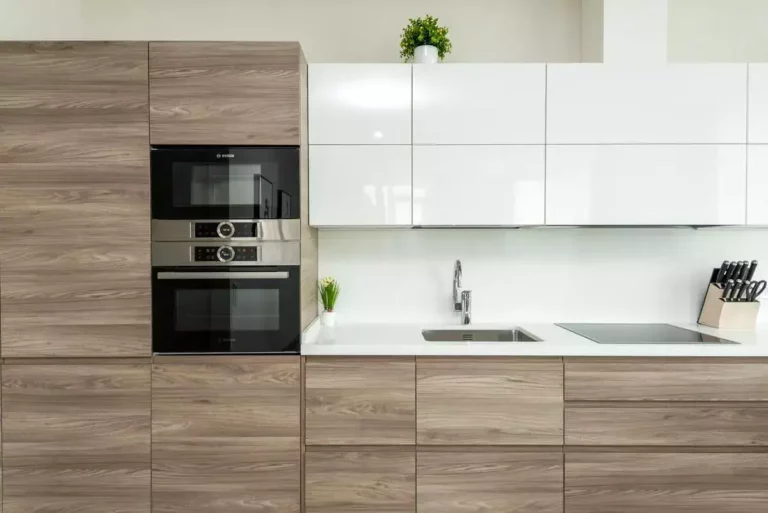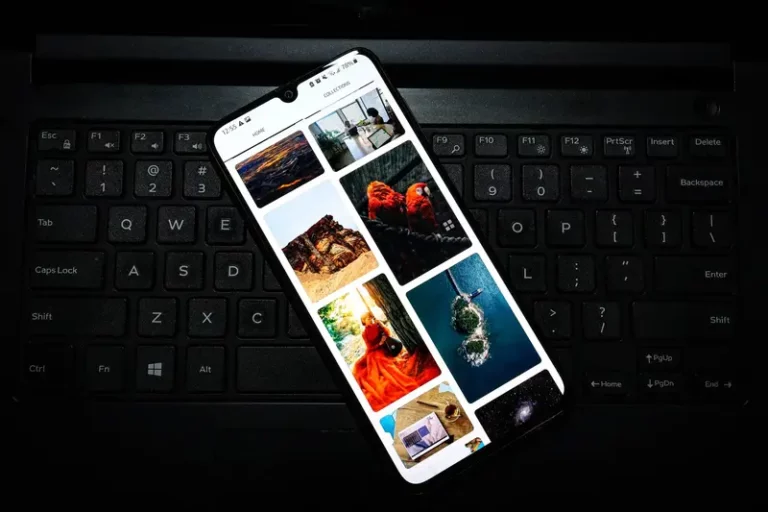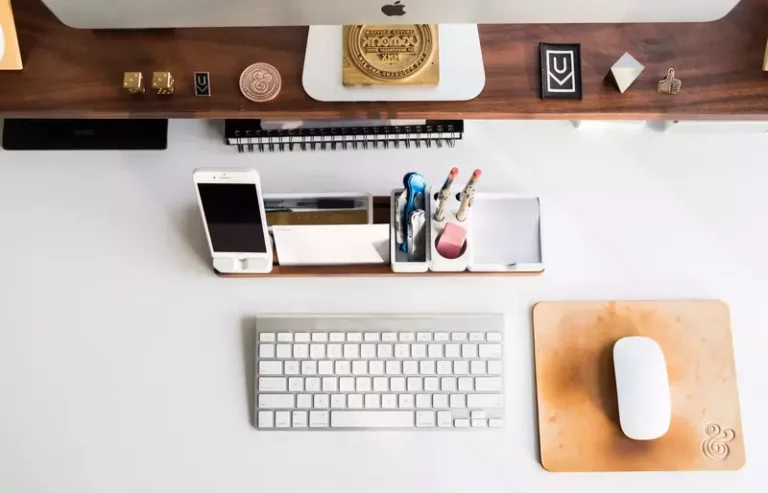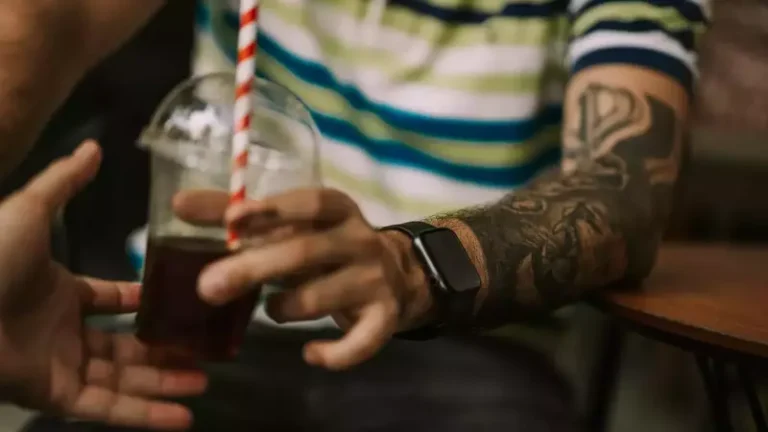Why Is My Bluetooth Speaker Out Of Sync With My TV? (Solved)
This site contains affiliate links to products, and we may receive a commission for purchases made through these links.
Is your Bluetooth speaker out of sync with your TV? Has the lag been annoying you for a while now?
There are multiple reasons why the Bluetooth speaker is out of sync with your TV, like software drivers being out of date, connection issues, broadcasting issues, or audio settings.
Well, don’t worry because I have several potential solutions for you. One of them is bound to fix the problem!
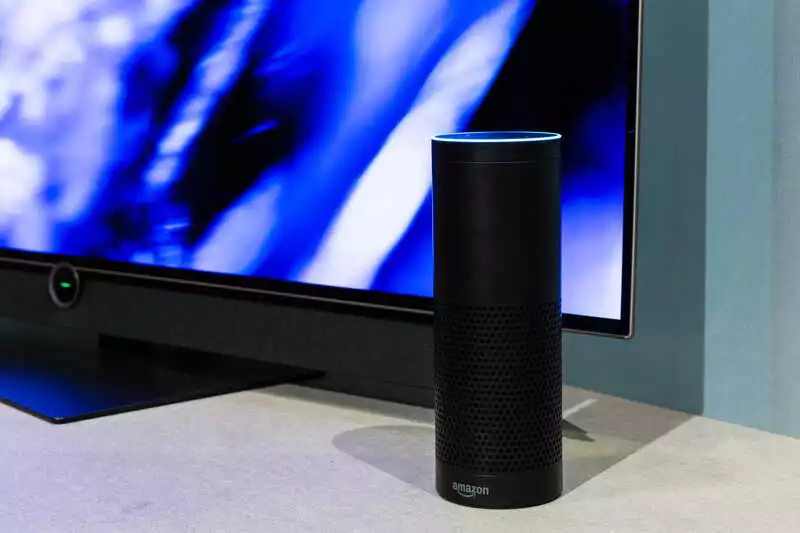
When you’re watching movies, any noticeable delay between what the people on the screen are doing and the audio output you’re hearing can be quite distracting.
Whether the lack of synchronization is because of audio processing delays or an error in the audio delay settings, you will want to fix the Bluetooth audio lag as soon as possible.
I’m here to help you do that.
READ MORE!
What is the Best Bluetooth TV Transmitter – Pros, Cons, and Buying Guide
How to Fix Sound Delay
There are a couple of different reasons why there might be an issue with your audio sync. The exact solution for your problem depends on what is causing the problem.
The only way to diagnose the problem for someone who isn’t well versed in technology, coding, and software is to try various solutions and see if the audio delay adjustments have been reduced. Note that these adjustments usually range between zero and two hundred and fifty milliseconds.
Each of the fixes detailed below addresses a different root cause, so it is essential to check if the issue has gone away after trying each one.
1. Check for Updates
The first fix is checking for software updates. Open the settings in all your home theater system components and see if any of them has issues, audio reset options, or firmware updates.
If your TV or speaker needs to be updated, it is possible that the lag in your audio system is because you have been putting it off. Note that not all TVs have software that can be updated.
You can download updates for TVs connected to the internet like the Smart Samsung TV, from the TV menu. You might be able to fix the Bluetooth audio delay with just a few clicks.
However, if it doesn’t work, you can move on to the next potential solution.
READ MORE!
Do Smart TVs Have Bluetooth? And What Can They Do? (Solved!)
2. Power Reset Your TV and Speaker
If your TV speakers don’t have a lag, but your Bluetooth headphones do, there is a distinct possibility that the issue is with the connection between the two devices. So turn them both off and then restart them. A reconnection will follow this power reset.
It might lead to the digital audio linking with the lip sync again.
Note that it’s important to leave the devices powered off for about five minutes before you go near it again when using this method. Let the TV and speaker rest. If you turn them back on immediately, they might not work again.
You’ll miss out on the possibility of the simple ‘restarting method’ working. I know you’re probably stressed about your audio and video lag, but it is essential that you remain patient.
Also, unplug your TV from your electrical outlet if possible.
3. Change The Channel
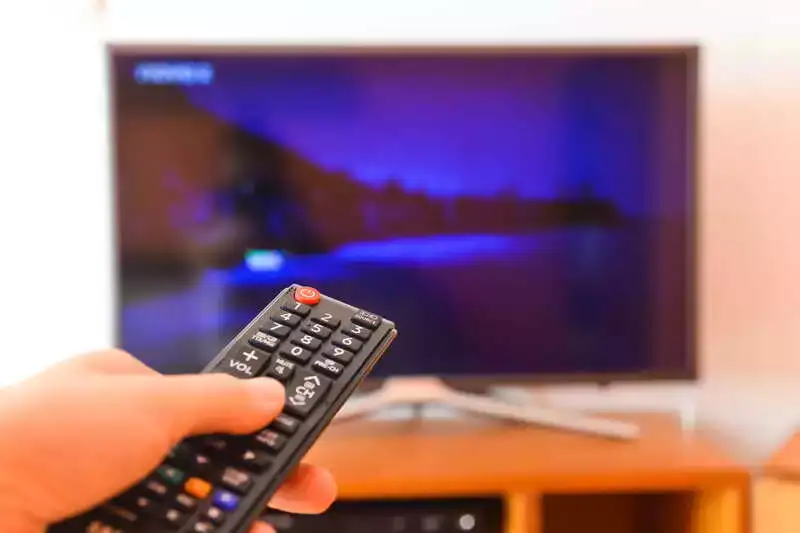
If the problem persists, the issue isn’t with the devices’ operating system or the connection between your speaker and TV. Try switching the channel and noticing if the lag occurs on other channels too.
This is an important test because it determines whether or not the problem is limited to one broadcaster. If it is, then there isn’t much you can do. Try watching something else.
You can contact your broadcast network provider for further assistance but it is highly likely that they are already aware of the problem and are working on fixing it.
4. Try The Speakers on Another Device
If all the other channels on your TV are also showing the same problem, you should try to use your speakers on another device. Connect them to your phone and see if there is a lag between audio and video there too.
This will help you figure out if the root cause of the lag is related to your TV or your Bluetooth speakers. Then you can focus on that one device and find a solution specifically related to it.
5. Turn Off Game Mode on TV
Make sure you turn the Game Mode off when watching a DVD or video. Only turn the game mode setting on when you’re playing a video game. If you don’t, it will lead to annoyances like sound delays.
You can find this setting in your device’s settings. Check the instructional manual for details if you can’t locate it in the settings menu yourself. You can also call your TV’s customer service representative for specific guidance according to the make and model.
READ MORE!
Can You Leave A Bluetooth Speaker Plugged In? (Solved!)
6. Change Digital Audio Out Settings (For Android TV)
If your Android TV is using an HDMI cable, change the Digital Audio Out settings. Open the menu bar and find your way to the Home Button. Then do one of the following depending on what option is available on your TV:
- Select Bravia Settings, click on Digital Audio Out, and pick PCM.
- Select Display and Sound, click on Audio Output, select Digital Audio Out, and pick PCM.
- Select Sound, click on Digital Audio Out, and pick PCM.
Setting the Digital Out to PCM can fix audio lag issues.
Wrap Up
There are quite a few things that could lead to your Bluetooth speaker being out of sync with your TV. I’ve outlined a couple of fixes that should get your audio running smoothly again. Check if the sound delay has been fixed after using each fix.
If none of the solutions outlined worked for some reason, then it might be time to get a new device. Trying the speakers on another device will let you know whether the problem is with the TV or the speaker. Then you can replace it.

Espen
Espen is the Director of ProPairing and has written extensively about Bluetooth devices for years. He is a consumer product expert and has personally tested Bluetooth devices for the last decade.

